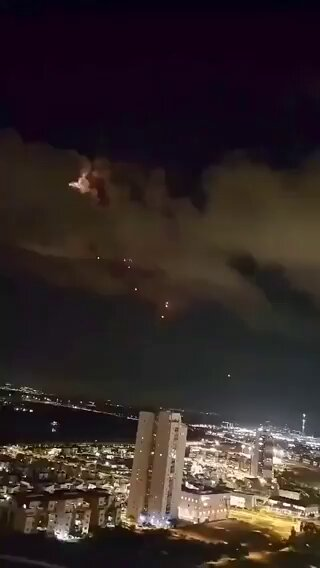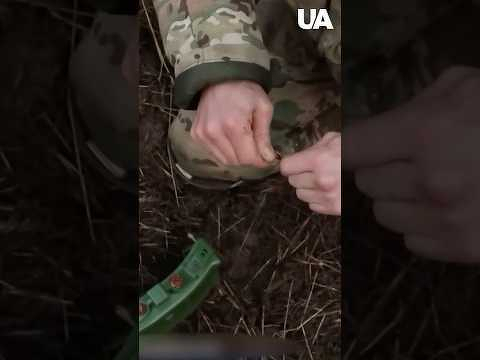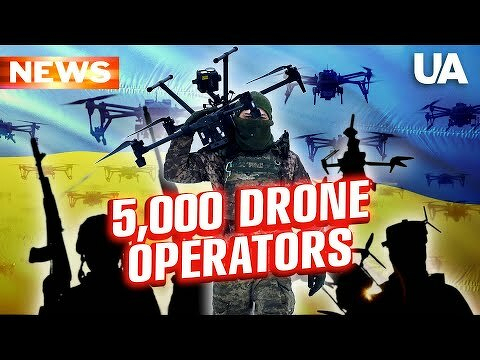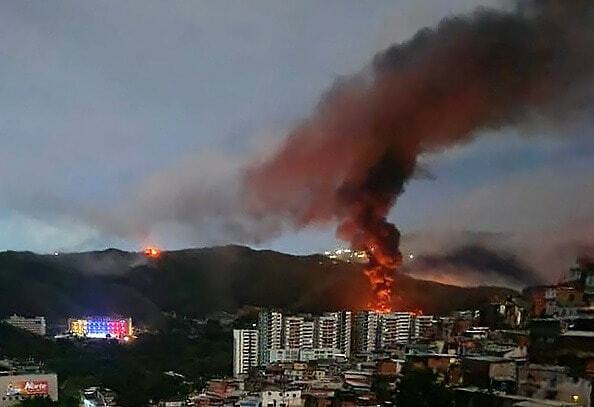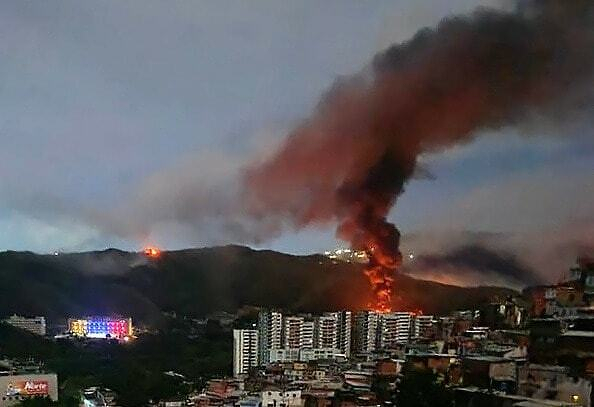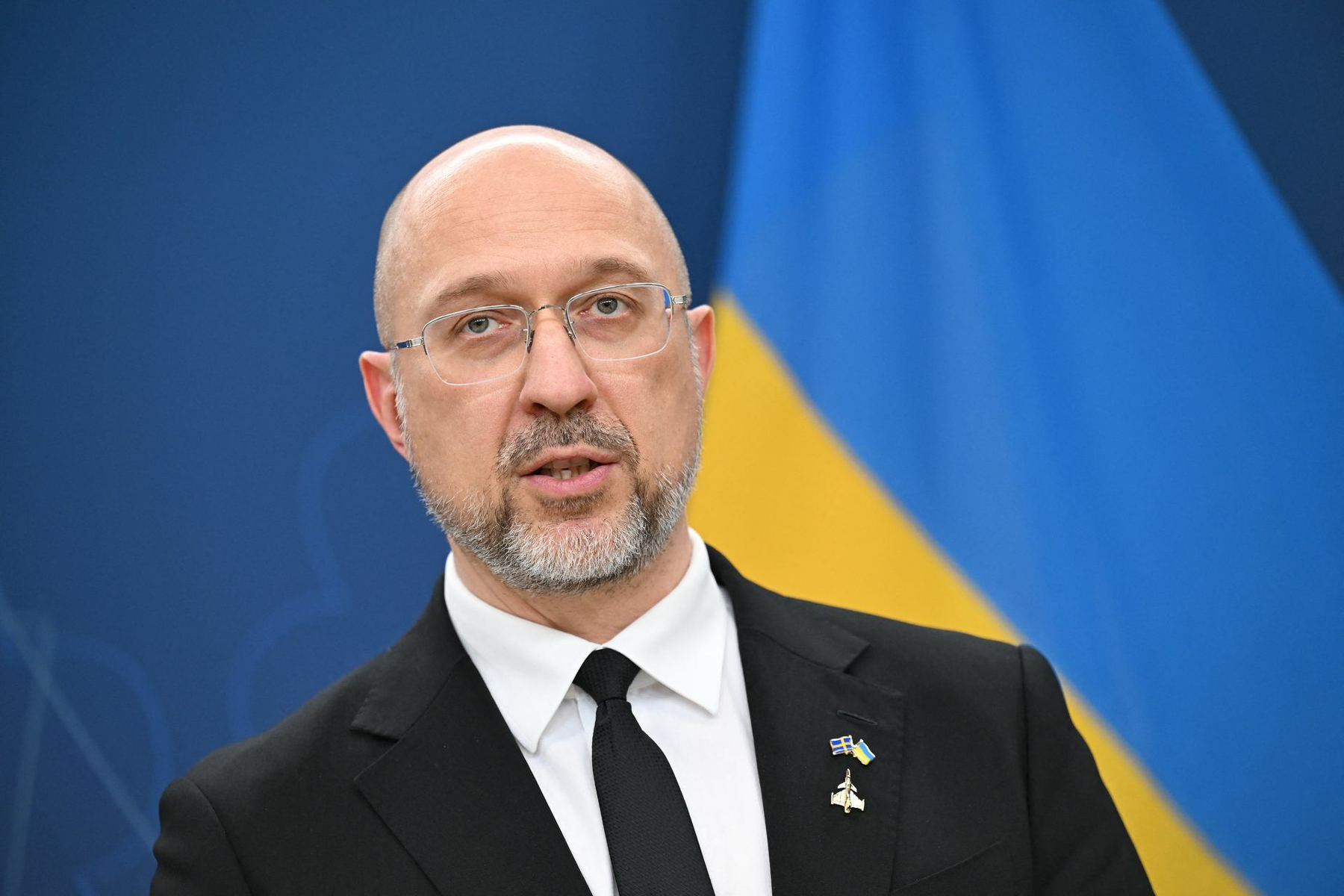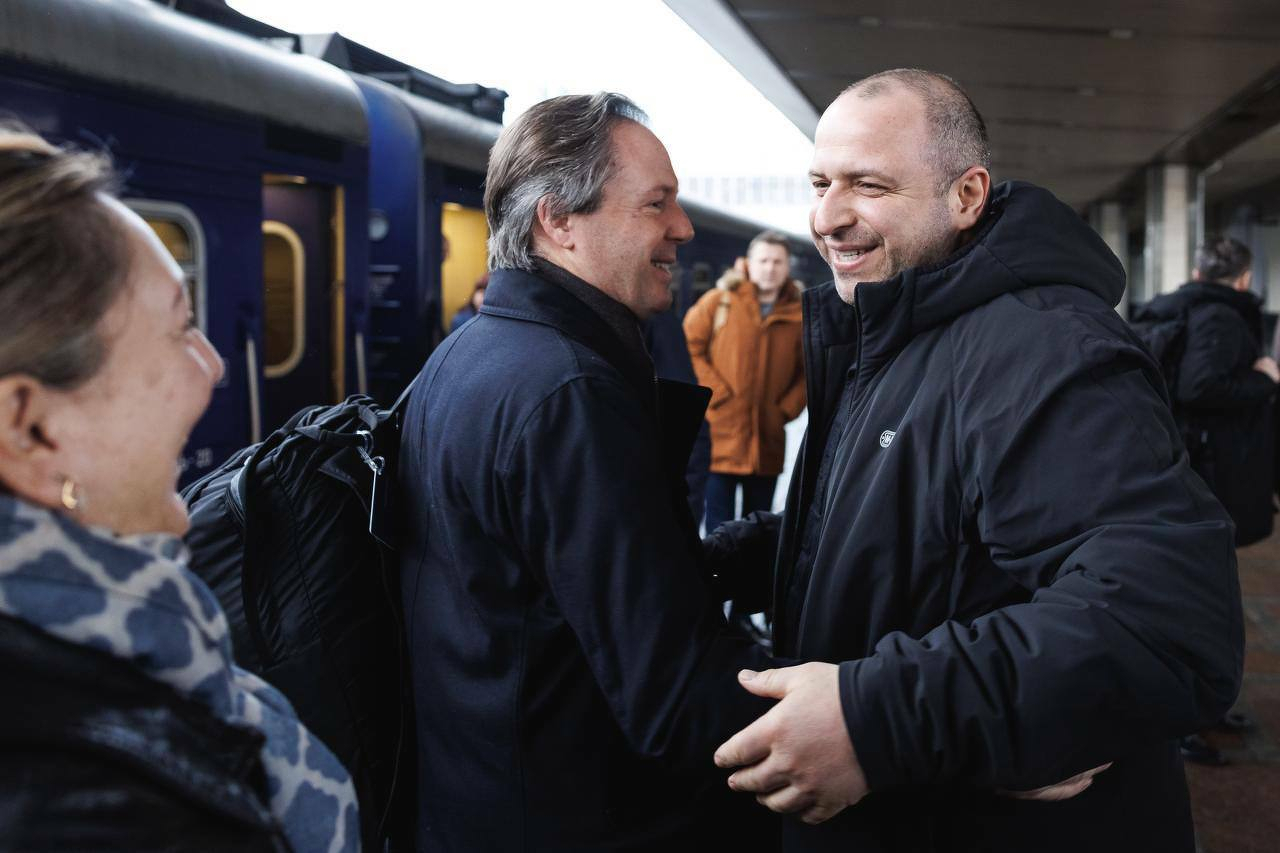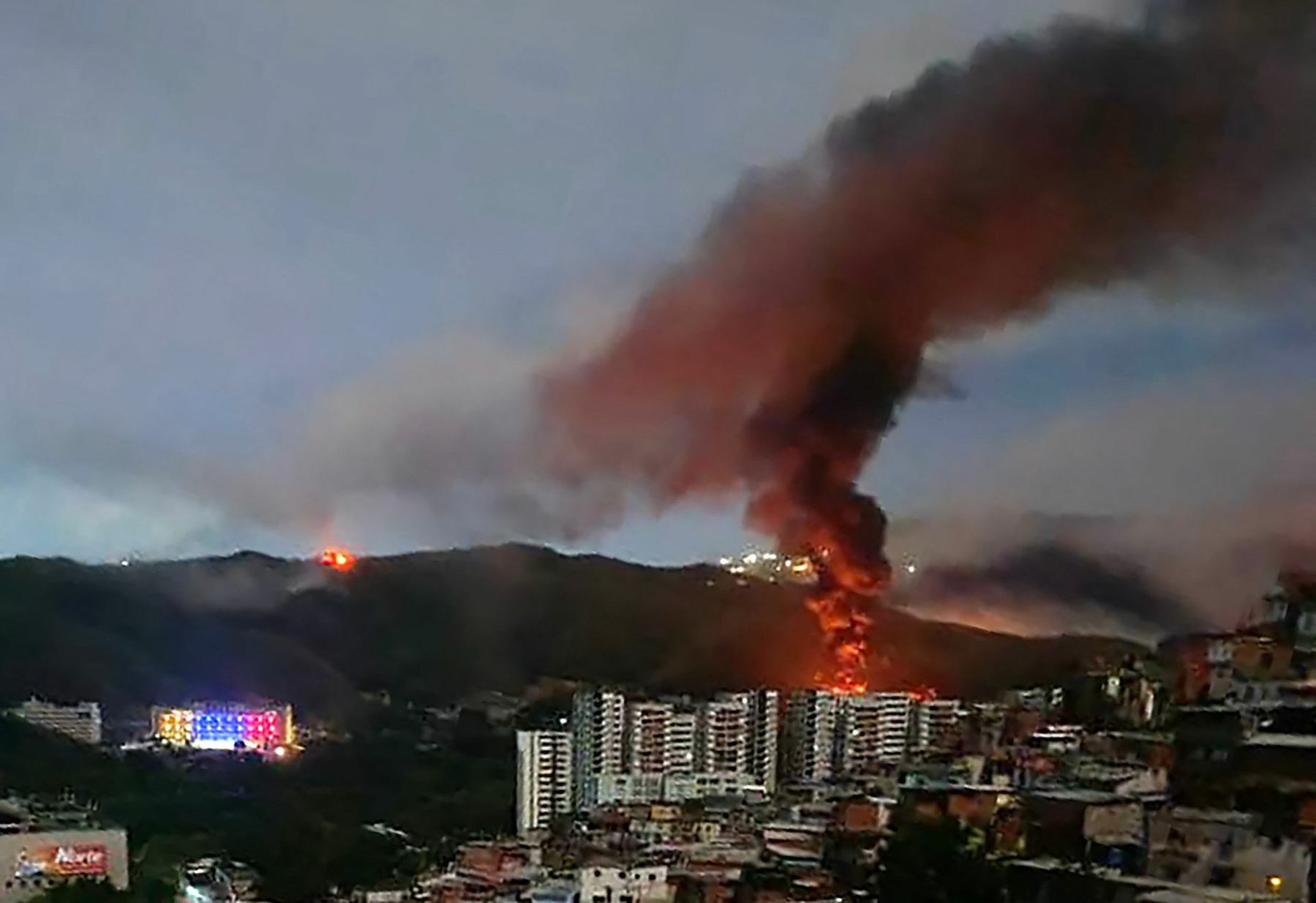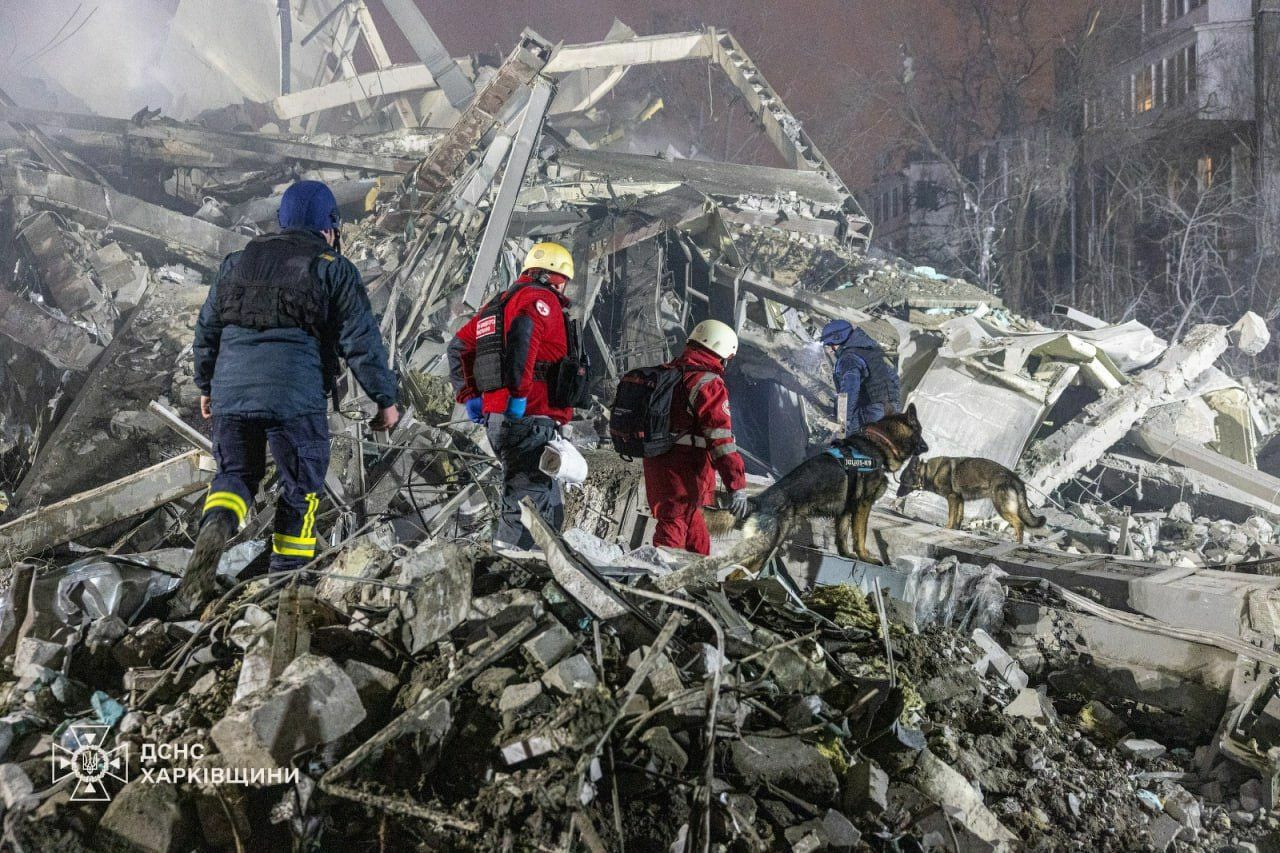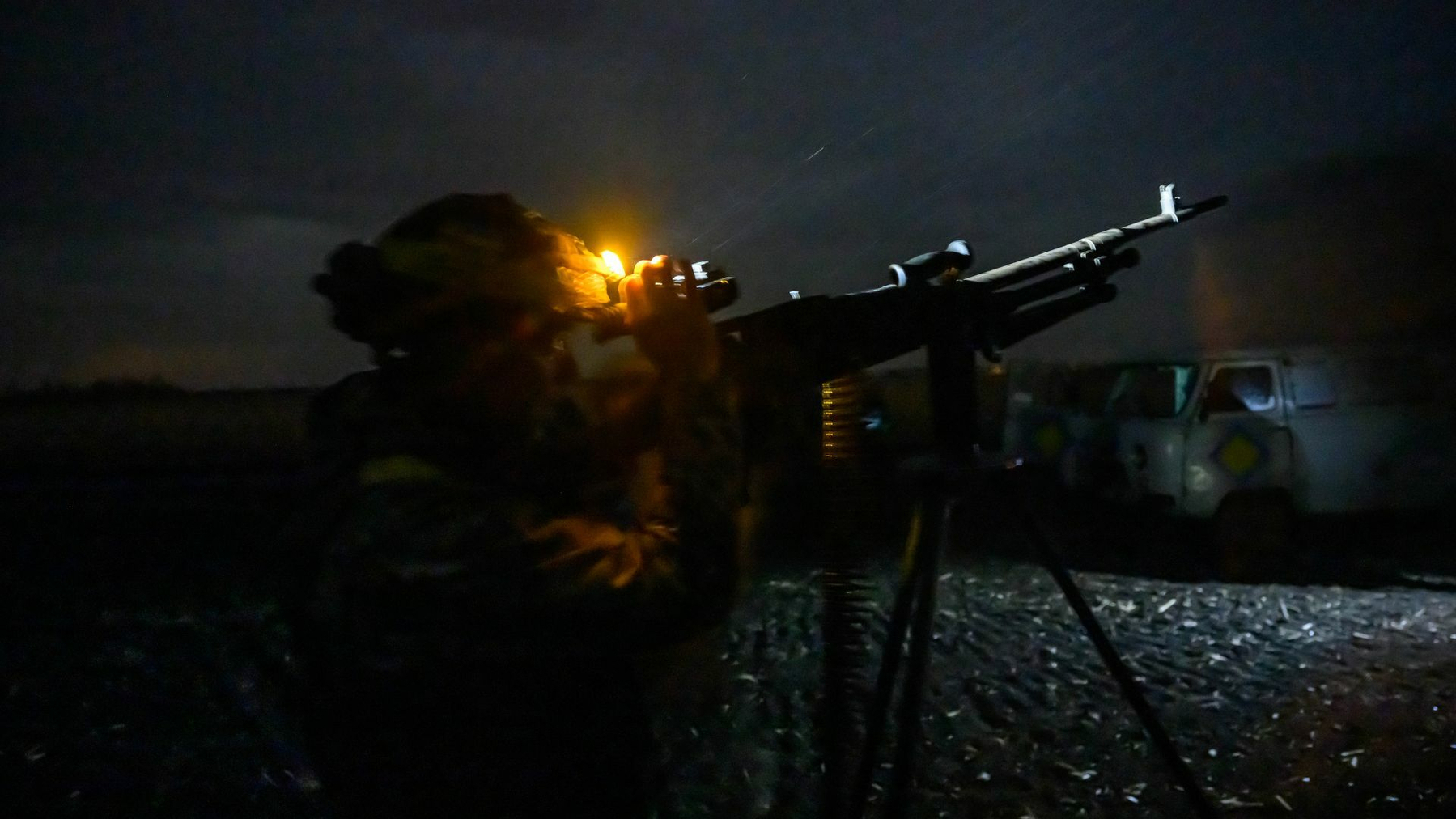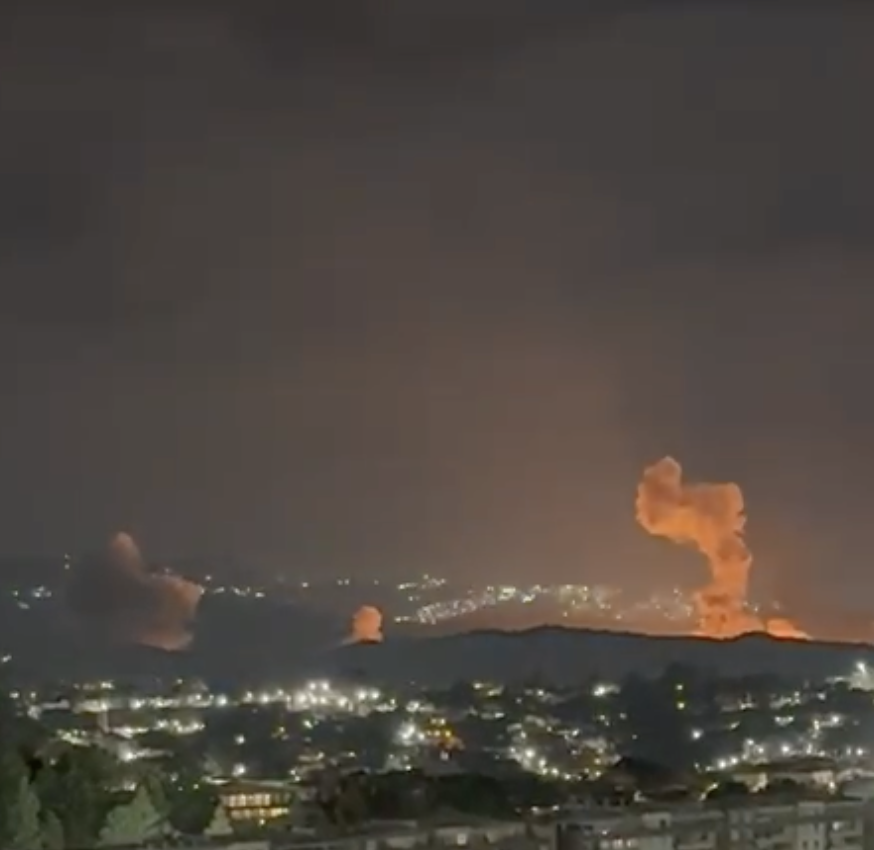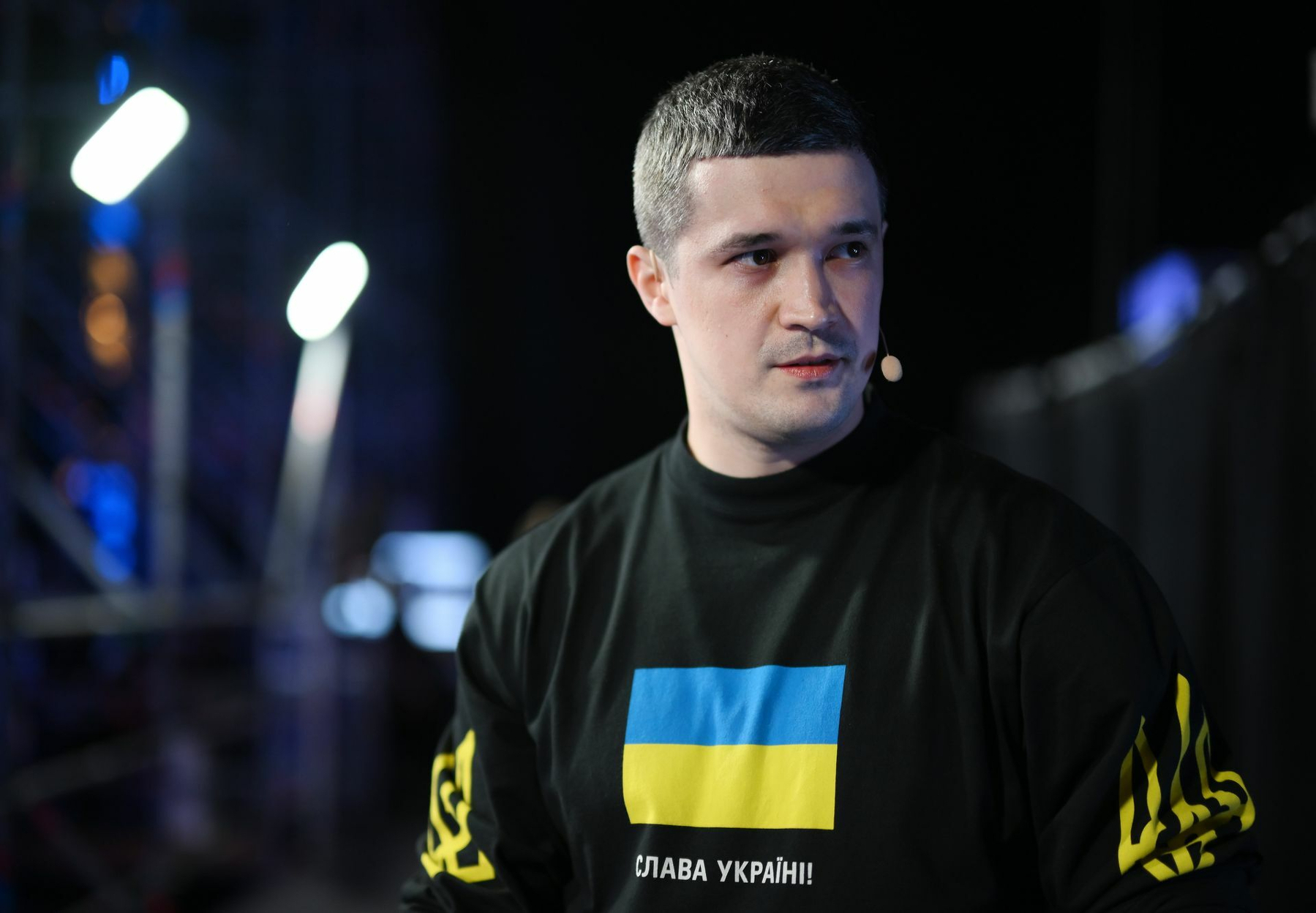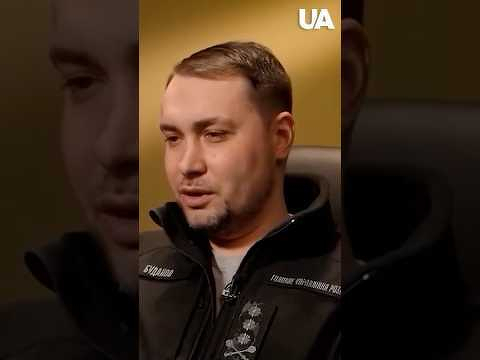
Reading

Spies, Lies, and Algorithms
Amy B. Zegart
Russia
Photos
In Russia, there are more and more CEASEFIRE SUPPORTERS, explains Budanov #shorts
Hundreds of British buses have Chinese ‘kill switch’
A security inquiry launched after Norway raised concerns about Chinese Yutong electric buses revealed that hundreds of similar buses operating in Britain could be remotely disabled by China via a ‘kill switch’ embedded in the software …
Photos
Fact Check: Viral Video Does NOT Show Caracas, Venezuela Under Missile Bombardment -- 2025 Israel Footage
Does a viral video show missiles raining down from the clouds on Caracas, Venezuela on January 3, 2026? No, that's not true: A viral video making the rounds does not show the actual attacks that took place on that date. It is an old video from 2025 …
